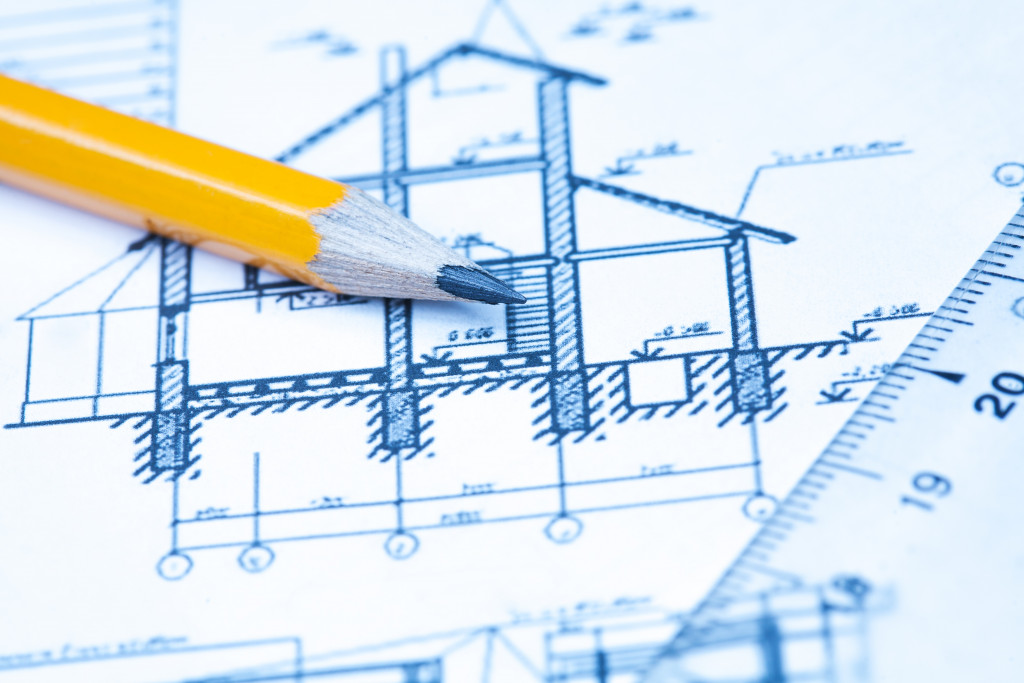- Renewable energy systems like solar panels and wind turbines drastically reduce energy bills and pollution.
- Energy-efficient systems, such as geothermal heating and greywater recycling, promote sustainable living and save resources.
- Effective water management systems and sustainable gardening practices can lower consumption and promote self-sufficiency.
- Efficient waste management, including reducing, composting, and recycling, is crucial for maintaining a sustainable property.
Renovating your rural property for sustainability is good for the environment and a smart financial decision. It can significantly reduce your energy bills and add significant value to your property. With these tips, you can turn an ordinary rural property into a self-sustainable one. Whether you’re a real estate investor, developer, or homeowner, read on to learn how to create a sustainable rural property that promotes energy efficiency, waste reduction, and healthy living.
Choose Renewable Energy Sources

Renewable energy sources such as solar and wind power systems can help you reduce your energy bills and eliminate pollution. Solar panels and wind turbines are easy to install and have a low impact on the environment. They can generate enough electricity to power your entire property for years. Consider having a professional assess your energy needs and recommend the type of renewable energy source that best suits your property.
Invest in Energy-Efficient Systems
Energy-efficient systems can also help reduce your energy consumption. These systems use less electricity or water than their traditional counterparts, saving you money in the long run. Additionally, they have a lower impact on the environment as they require fewer resources to operate. Here are four energy-efficient systems to consider for your rural property:
Geothermal Heating and Cooling
This system uses the earth’s natural temperature to heat and cool your property. It does not rely on fossil fuels, making it a more environmentally-friendly option.
Greywater Recycling
Greywater is wastewater from sources like sinks, showers, and washing machines. Rather than letting it go to waste, you can collect and treat it for reuse in non-potable purposes such as watering plants or flushing toilets. This reduces your water consumption and promotes sustainable living.
Solar Power
Solar power is a renewable energy source that converts sunlight into electricity. It can be used to power your entire property or specific areas, such as outdoor lighting or water heating systems. With advancements in technology, solar panels have become more affordable and efficient, making them a popular choice for sustainable rural properties.
Energy-efficient Appliances and Lighting
When choosing appliances for your rural property, look for those with energy-efficient labels. These appliances use less energy to operate and can save you money on your utility bills. Similarly, opt for LED or CFL lighting as they are more energy-efficient than traditional incandescent bulbs.
Investing in energy-efficient systems not only benefits the environment but can also increase your property value as it appeals to potential buyers looking for sustainable living options.
Improve Your Water Management
Improving your water management systems can help reduce your water consumption and save you money on water bills. One effective way to do this is by installing a well pump and ensuring its proper maintenance. Timely well pump repair and maintenance can help you save a significant amount on your water bills and prevent leaks and contamination.
Just make sure you employ the help of a professional well pump repair service provider to get the job done correctly. They’ll have the tools and skills needed to install and maintain your well pump efficiently. Additionally, consider installing water-efficient toilets and irrigation systems to reduce water waste.
Build a Sustainable Garden

Growing your fruits, vegetables, and herbs is not only a great pastime but also a sustainable way of living. It can help you reduce your carbon footprint and save money on groceries. Consider building a garden using organic, compost-rich soil and water-efficient irrigation systems. Use natural pesticides and fertilizers to keep your garden healthy and eco-friendly.
Manage Your Waste Efficiently
Managing your waste stream is a crucial step towards creating sustainable rural property. Start by reducing the amount of waste you generate, composting your organic waste, and recycling materials like paper, glass, and plastic. If you have a septic system, ensure it’s in good working condition by having it pumped regularly.
Turning your rural property into a self-sustainable one is a journey that requires thoughtful planning and smart investments. You can make significant strides towards creating an eco-friendly home by choosing renewable energy sources, investing in energy-efficient systems, improving your water management, growing your food, and managing your waste efficiently.
Not only will these steps help preserve the environment, but they’ll also enhance your property’s value and reduce your living costs. Remember, every small step towards sustainability is a giant leap for our planet. Embark on this journey today and enjoy the manifold benefits of sustainable living.






